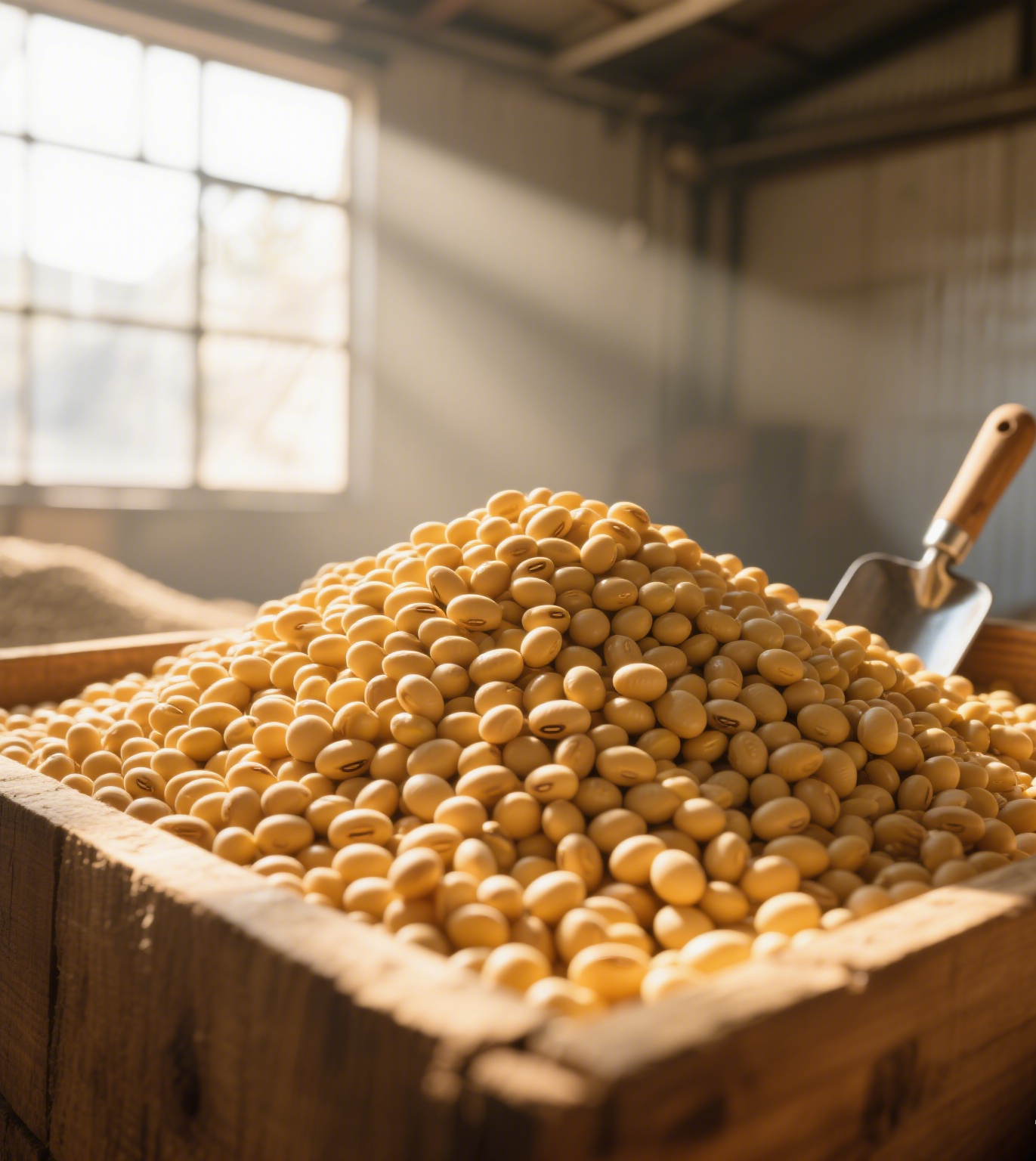high quality soy protein
High quality soy protein represents a revolutionary advancement in plant based protein solutions, offering exceptional nutritional value and versatile functionality. This premium protein source is derived from carefully selected soybeans through an advanced extraction process that maintains the proteins natural properties while eliminating anti nutritional factors. The resulting product boasts a protein content exceeding 90%, with a complete amino acid profile that rivals animal protein sources. Its superior solubility and excellent dispersibility make it highly adaptable across various food applications. The protein demonstrates remarkable emulsifying capabilities, water binding properties, and gel forming abilities, making it an ideal ingredient for meat alternatives, dairy substitutes, and nutritional beverages. Through controlled processing conditions, the soy protein maintains its native state, ensuring optimal digestibility and bioavailability. Its neutral taste profile and clean label status further enhance its appeal in modern food formulations. The protein also exhibits stable functionality across different pH levels and processing conditions, providing consistent performance in various food systems.


